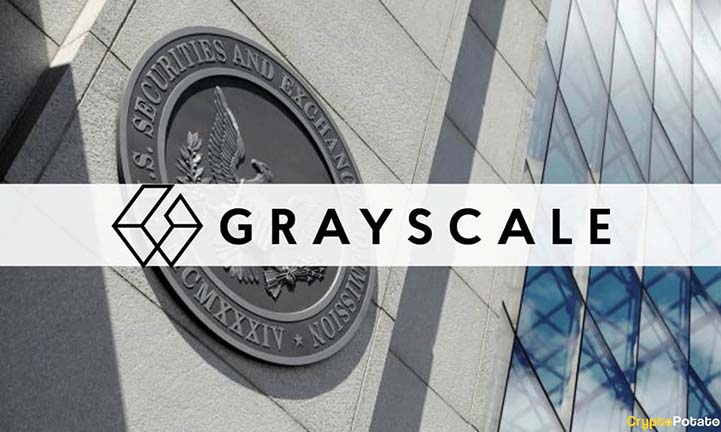Never once in the SEC’s confrontations versus American exchanges has there been a standing knockout. Ripple is a well-known company that has never conceded defeat to an American regulator. Grayscale, on the other hand, perseveres admirably despite its failures with this institution. In spite of the team’s recent uppercuts to Gary Gensler, the digital asset manager recently demonstrated that he is not yet willing to give up.
Grayscale comes to the rescue of Stellar (XLM), Zcash (ZEC) and Horizen (ZEN)
The SEC’s aggressive approach to exchanges is drawing the attention of more and more participants in the cryptocurrency world. Were we not informed at the start of this month of August that she would organize a sort of “witch hunt” to purge this globe and give it a bright future?
It’s time to avoid Grayscale and launch a retaliatory strike. the truth-check The digital currency asset management was recently questioned by a US regulator on the “security law analysis” of three less well-known tokens. In particular, the viability of XLM, ZEC, and ZEN is the subject of this inquiry. The latter are regarded as cryptocurrency trusts appropriate for trading accounts.
ZEC (Zcash) had a pretty conservative token distribution strategy--no "premine". If SEC thinks ZEC is a security, it indeed must think nearly every token is a security. Only immaculate-conception BTC would be (arguably) excluded. https://t.co/7ypaGpoadH
— _gabrielShapir0 (@lex_node) August 28, 2022
The SEC was never given the final say.
We are aware of Grayscale’s prior dealings with the Securities and Exchange Commission of the United States. Last June, a significant twist in their physical confrontation grabbed headlines. At the time, the digital asset manager’s proposal to convert his GBTC fund, the Bitcoin Trust, into an ETF was rejected.
What justifies this rejection? The agency’s current president, Gary Gensler, believed that only bitcoin was a digital asset deserving of “commodity” classification. He found it challenging to create new rules for a cash bitcoin ETF. Additionally, at the time, Grayscale had not expressed any interest in addressing the agency’s worries regarding market manipulation. As a result, it will find it challenging to defend investors in this situation.
Many cryptocurrency investors appear appalled by this choice. Later, Grayscale’s executives decided to take the legal path and filed a move to overturn the SEC’s judgment.
- ” [The SEC] does not apply consistent treatment to similar investment vehicles, and acts arbitrarily and capriciously in violation of the Administrative Procedure Act and the Securities Exchange Act of 1934 “, hammered Donald B. Verrilli Jr, Grayscale’s senior legal strategist, on occasion.



